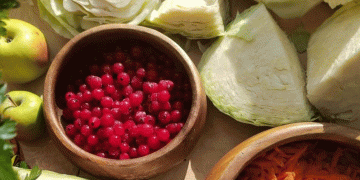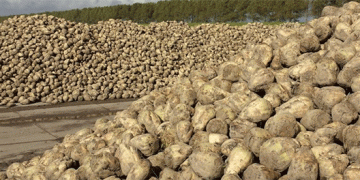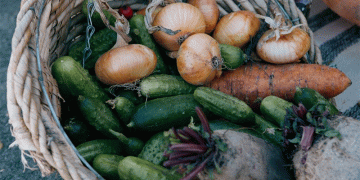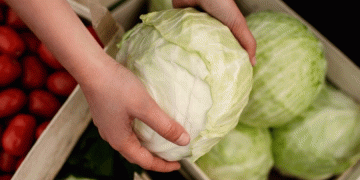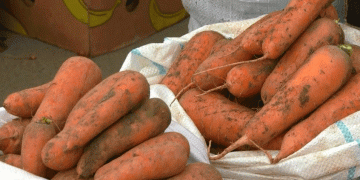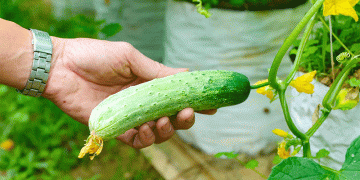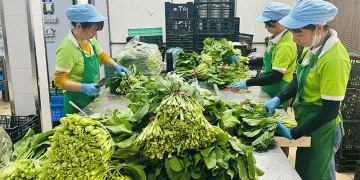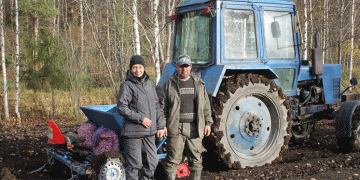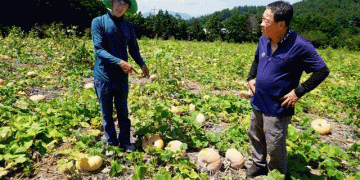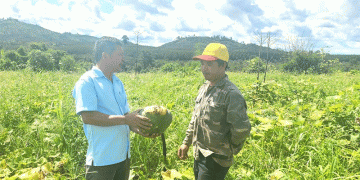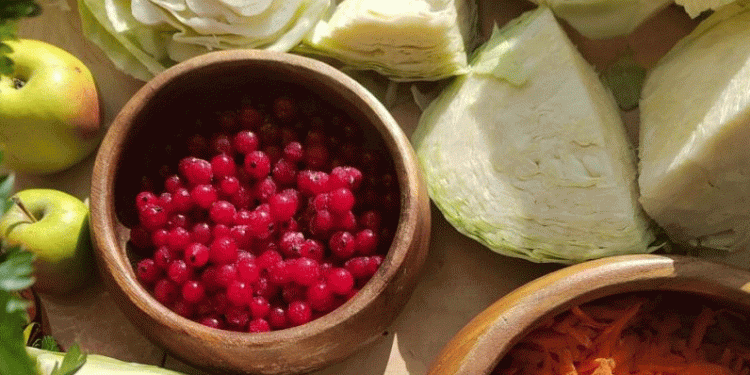The recent agricultural summary from the Tyumen Region is more than just a local report; it is a snapshot of remarkable efficiency and strategic planning. As of mid-October, the region has harvested over 45,500 tonnes of key vegetables—cabbage, carrots, and beets—accounting for nearly half of the entire Ural Federal District’s open-field vegetable harvest of 112,000 tonnes. This achievement forms a critical pillar of the region’s winter food security.
The success extends beyond vegetables. The potato harvest, completed on 6,274 hectares, yielded an impressive 206,831 tonnes with a productivity of 330 centners per hectare (33 tonnes/ha). In the grain sector, with 601,700 hectares harvested, the yield is approaching 1.8 million tonnes. Furthermore, the harvest of technical crops—flax, rapeseed, and sunflower—on 46,700 hectares has produced 90,800 tonnes, showcasing a well-diversified and robust agricultural sector.
Benchmarking Tyumen’s Productivity
Tyumen’s potato yield of 33 t/ha is a figure worthy of international comparison. According to 2023 data from the FAO (Food and Agriculture Organization of the United Nations), the average potato yield in the European Union is approximately 40 tonnes/hectare. Tyumen’s performance, while slightly below this, is exceptionally strong for its climate zone and positions it as a leader within the Russian agricultural landscape. This high yield is a direct result of advanced agronomic practices, seed selection, and precision farming techniques.
The strategic stockpiling of over 45,000 tonnes of vegetables aligns with a growing global focus on food supply chain resilience. The World Bank’s 2023 reports consistently highlight how climate shocks and geopolitical instability have exposed vulnerabilities in global food systems. Regions that can ensure a degree of self-sufficiency in staple vegetables are better insulated from price volatility and logistical disruptions. Tyumen’s proactive “winter provisioning” is a practical case study in building this resilience from the ground up.
The agricultural output of the Tyumen Region is a testament to the effectiveness of modern farming management and strategic planning. The high yields in potatoes and grains, coupled with the significant harvest of vegetables and technical crops, paint a picture of a highly productive and diversified agricultural economy. More importantly, the deliberate focus on storing key vegetables for winter is a forward-looking strategy that enhances regional food security. For farmers, agronomists, and policymakers, Tyumen provides a compelling model: investing in productivity and strategic reserves is not just about current profit, but about building a buffer against an increasingly unpredictable global environment.
